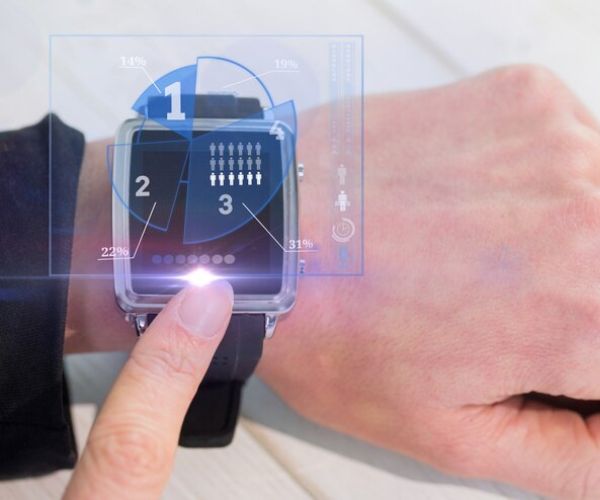A computer system must adhere to various timing and performance constraints dictated by the real-time behaviors of the external environment to which it is connected. This necessity is what defines a real-time system. These systems are often referred to as reactive systems, as their primary function is to respond promptly to signals from their surroundings. A real-time computer system can also be a component of a larger framework, commonly known as an embedded system.
Applications and Examples
Real-time systems are pervasive and continue to grow in significance across multiple sectors, including commercial, government, military, medical, educational, and cultural infrastructures. Notable applications include:
- Vehicle Systems: For automobiles, subways, aircraft, railways, and ships.
- Traffic Control: Managing highways, airspace, railway tracks, and shipping lanes.
- Process Control: In power plants, chemical facilities, and consumer goods production, such as soft drinks and beer.
- Medical Systems: For radiation therapy, patient monitoring, and defibrillation.
- Military Applications: Including weapon firing, tracking, and command/control operations.
- Manufacturing Systems: Utilizing robotics for various production tasks.
- Communications: In telephone, radio, and satellite networks.
- Computer Games: Offering interactive and immersive experiences.
- Multimedia Systems: Providing integrated text, graphic, audio, and video interfaces.
- Household Systems: For monitoring and controlling appliances.
- Building Management: Controlling heating, lighting, doors, and elevators.
At GPSBull, we are committed to delivering high-quality solutions for real-time and embedded systems, ensuring they meet the rigorous demands of their operational environments.


